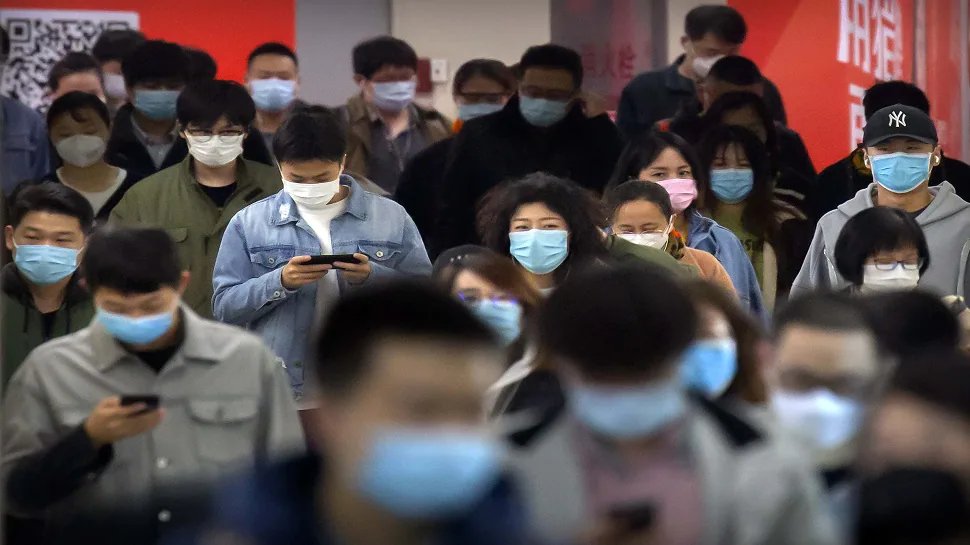
China's economy shrinks by 2.6% due to COVID lockdowns

China’s economy contracted in the three months ending in June compared with the previous quarter after Shanghai and other cities were shut down to fight coronavirus outbreaks, but the government said a “stable recovery” is under way.
The economy shrank by 2.6 per cent, when compared with the January-March period, official data revealed on Friday (July 15). Growth slid to a weak 0.4 per cent from 4.8 per cent in the earlier quarters.
Also Read: China leader Xi visits Xinjiang amid human rights concerns
Shanghai, the site of the world’s busiest port, and other manufacturing centres, was shut down in late March. This fueled concerns that global trade and manufacturing might be disrupted. Millions of families were confined to their homes, depressing consumer spending.
Factories and offices were allowed to reopen in May, but economists say it will be weeks or months before activity returns to normal. Economists and business groups say China’s trading partners will feel the impact of shipping disruptions over the next few months.
“The resurgence of the pandemic was effectively contained,” the statistics bureau said in a statement. “The national economy registered a stable recovery.”
Also Read: World Population Day: India to surpass China in a year’s time
The ruling Communist Party is promising companies tax refunds, free rent and other aid to get back on their feet, but most forecasters expect China to fail to hit the ruling party’s 5.5 per cent growth target this year.
Growth for the first half of the year was 2.5 per cent over a year earlier, one of the weakest levels in the past three decades.
Also Read: China develops AI tool to monitor loyalty of Communist party members
Investment in factories, real estate and other fixed assets climbed 6.1 per cent, reflecting the ruling party’s effort to stimulate growth by boosting spending on public works construction and ordering state-owned companies to spend more.
(With inputs from Agencies)


